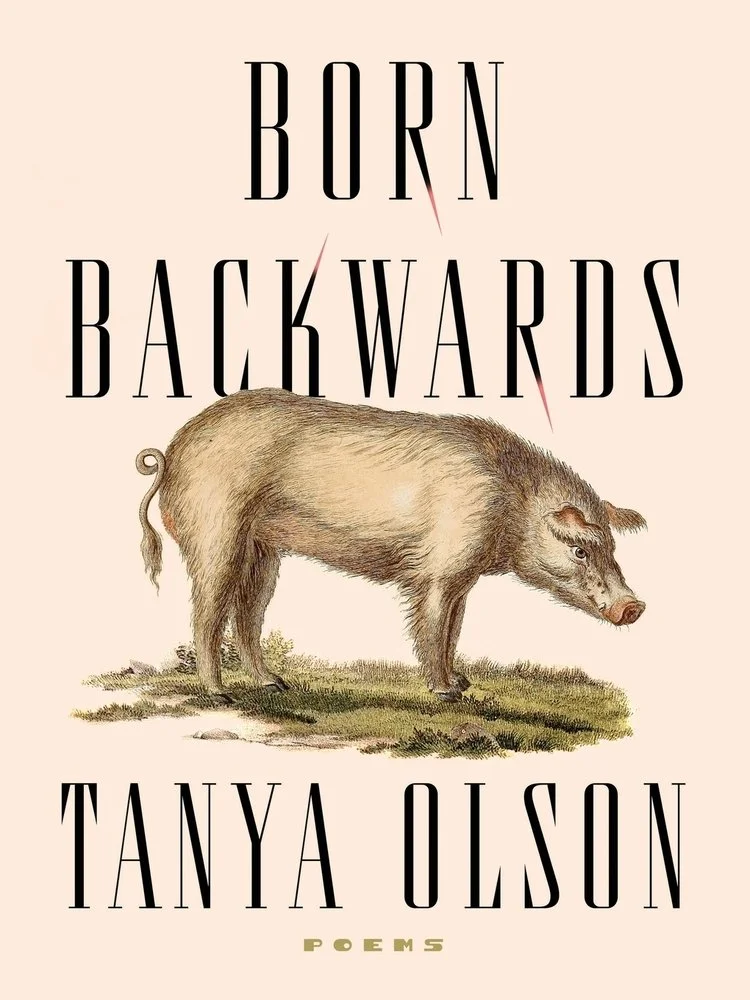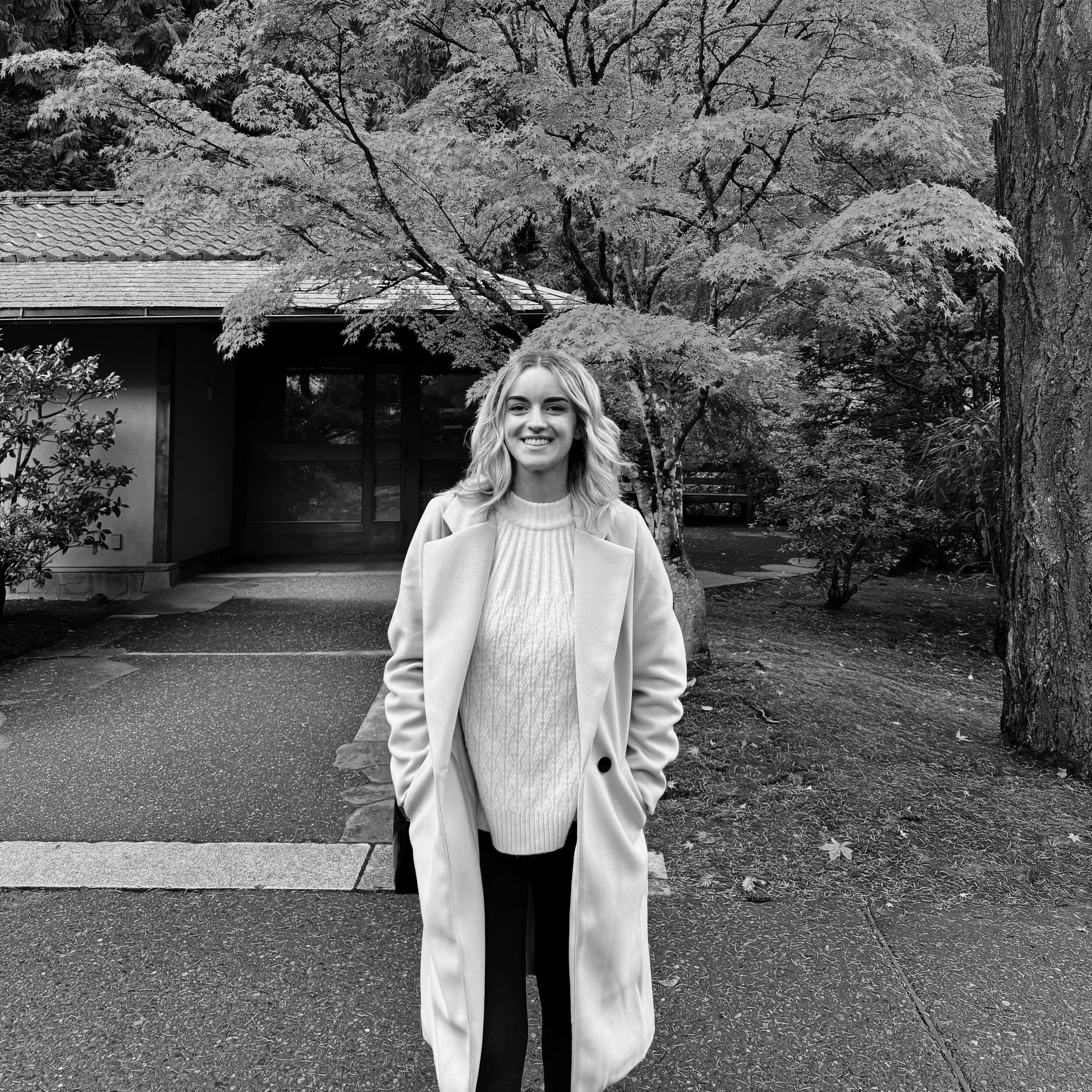Born Backwards by Tanya Olson
reviewed by Lauren Mantis
Olson’s third poetry collection reckons with her choice—as a queer outcast in the 1980’s south—to leave her mother and her home. This choice to leave is one that many queer southerners still struggle with, including myself—a recent lesbian, red-state migrant from North Carolina to Oregon.
Olson’s poems untangle the complex feeling of missing places and people that have hurt us, and explore how we can return to these places with forgiveness for others and for ourselves.
Throughout the book, Olson calls on the historic pairing of the queer with the monstrous, focusing on how the monster is made through relationship—with the mother/other, and with the self—and how the monster has the potential to be unmade through the same relationships. In a reference to Shelly’s Frankenstein, Olson explains that “The story tells of a creation / that tries to destroy its creator / The book ends when the monster / vows to leave the one who made him.”
It would be easy to read this book through the lenses of grief and nostalgia— for Olson’s mother, for the southern culture that she had to leave, and for the depoliticization of queer counterculture as it becomes mainstream—but Olson tells us that nostalgia is not her intention. Rather, she means to “Stitch together a story / that explains me to me.”
Reimagining the past and the future is a way Olson finds peace in the present. She avoids turning her mother into a monster, as Olson’s mother did to her because of her queerness. Instead, Olson contextualizes the pain of rejection that she felt from her mother, and reframes this pain in a way that recognizes her mother’s full humanity. Olson says, “The worst thing she said is not / the most important thing about her / Hurt is not what I remember.”
Olson empathizes with her mother, imagining she was afraid for her daughter, and then goes on to imagine a future in which her mother had lived longer—long enough to potentially change her mind about Olson’s queerness, and recognize the full humanity of her daughter.
Hope—as a sincere belief in the human capacity for change—sings through these pages.
Lauren Mantis
Lauren Mantis is a lesbian southerner living in Portland, Oregon. She writes essays about queer culture and science. Lauren earned her MFA in creative writing at the University of North Carolina Wilmington, and her MS in technical communication at NC State. Learn more about her work at www.laurenmantis.com



